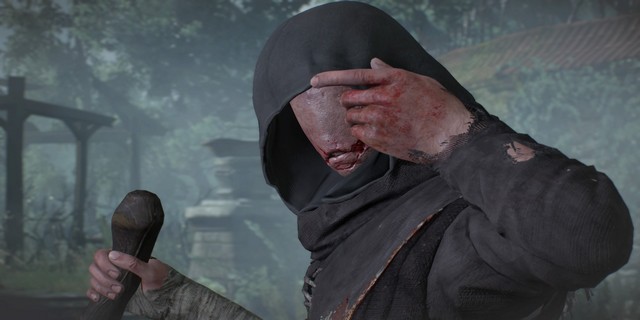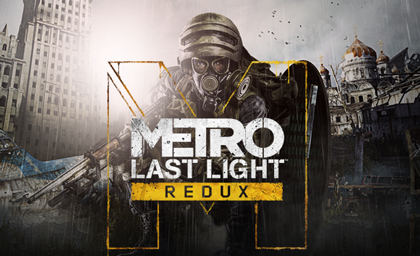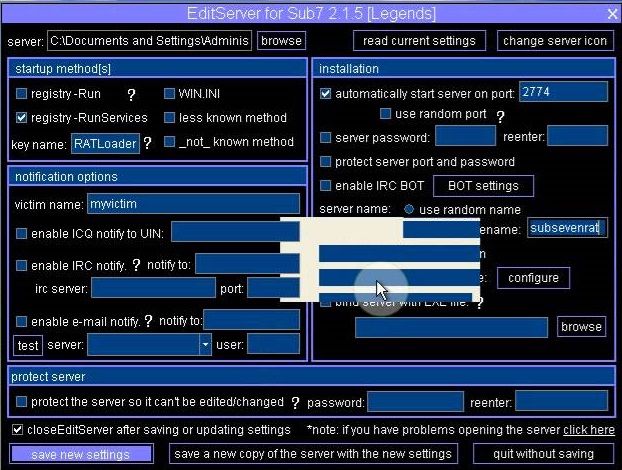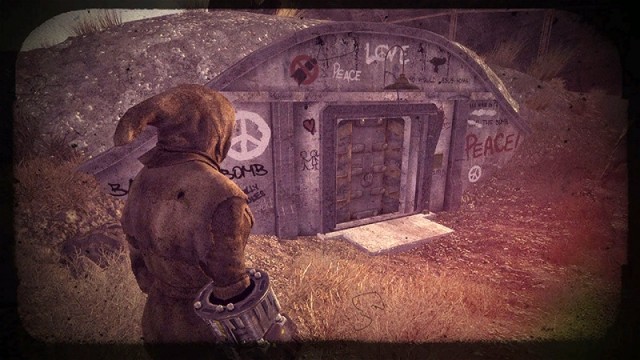

Who's afraid of the big, bad wolf? That's what Telltale Games asks when it puts you in the shoes of Bigby Wolf and tasks you with solving a fairy tale murder. It isn't a rhetorical question; while Bigby carries out his investigation the game keeps asking it over and over again: who fears you? Or better yet, who are you going to make fear you? That question is at the heart of The Wolf Among Us. Between its carefully paced, enthralling story and emotionally intense conclusion, the journey to figure that out is as riveting as the eventual answer.
An episodic prequel to the comic series Fables, The Wolf Among Us is set in the fictional New York City borough of Fabletown, where various mythical characters fled after the invasion of their Homelands. The game kicks off with a murder case that Bigby and Snow White must solve before the killer strikes again. But things aren't so simple. Their investigation sheds light on a dark underworld more extensive than they ever expected, and the deeper they go, the harder their choices--and yours--become. It's very much a game about making decisions: who will you help during your investigative journey? Who will you accuse? Who will you befriend, and who will turn against you? The story does a great job of putting you in control before immediately testing your mettle, and the twists it uses to do that are exciting and often unexpected.
In keeping with the structure of a good mystery, early episodes in the season have a slow burn, building steadily toward the ultimate conclusion without ever giving too much away. Most of the game is spent meticulously pawing through evidence, trying to decipher how it relates to your whodunit. These investigations are punctuated by snatches of intense but technically loose action--Bigby will, for instance, perform the same scripted action regardless of which trigger you hit when a prompt appears. While some might object to the lack of skill involved in progressing through these sequences, they do help break up Wolf’s quieter moments, and are just punchy and exciting enough not feel intrusive.
The action sequences are all smartly realized, each with its own purpose and impact on the story. You will always walk away from one feeling like you've gained hard-won knowledge. Though you occasionally have the freedom to explore and talk to characters as you please, the game will eventually steer you in the right direction when necessary. It's subtle enough that it never feels like your hand is being held, and seeing the "You connected the evidence" message after successfully drawing conclusions from a crime scene is more rewarding than any victory fanfare. Each episode also does a great job of upping the ante with new revelations and heightened stakes, consequences for failure becoming greater at every turn. If that weren’t enough, through it all you have to bear the anxiety of never quite knowing if you've measured up.
Foreseeing the potential of Wolf's branching narrative paths, Telltale had the good sense to include a Rewind feature, which lets you reverse to a critical moment in the story and start a new save from there. This allows you to take full advantage of all the options available to Bigby at any given moment, and see how responding differently might change how things play out. Maybe you regret slapping that father around in front of his son, or just want to see if jerkface Bigby gets better results than his diplomatic counterpart. In addition to satisfying your curiosity, it increases the game's replayability, and you stand to gain a lot of insight from using it even once.
That, odd is it may seem, is one of the most enjoyable parts of The Wolf Among Us: making hard decisions without knowing what the outcome will be. While it would have been easy for the game to get mired down in the sort of contrived, one-sided decision making that so many story-driven titles fall prey to, it keeps things fresh and interesting by keeping its choices ambiguous. The "right" answer to any given question isn't always obvious, such as when choosing between visiting two crime scenes when you know evidence will be destroyed at the second, or picking who to pursue when two perps seem equally guilty.
Some choices are admittedly inconsequential (different dialogue options, for example, can prompt only slight variations in response), and seeing that a trying exchange doesn’t lead anywhere can take the magic out of the experience. Wolf also runs into a common issue for dialogue-wheel games, where there’s sometimes a frustrating discrepancy between the dialogue option you choose and what Bigby actually says. (I didn’t mean to insult you, pig-friend, really!) Still, even the least-juicy conversations are fun, and help mask exchanges that seem unimportant but come back to haunt you in unexpected ways.
The season's final episode, Cry Wolf, is a reward for all that tantalizing, rising tension. Unlike its preceding episodes, it tumbles explosively toward the finish line in a swirl of revelations that together feel like an earned victory. The resolution isn't easy or pain-free, and even when the credits roll the knowledge of whether or not you did the right thing is still frustratingly out of reach. But that's part of the magic, because the conclusion still manages to be satisfying without ending in a hamfisted, binary fashion. The Wolf Among Us doesn't have any easy answers to give, and being able to pull that off well is its greatest triumph.




 Outlook Lets You Use Different Signatures for Replies
Outlook Lets You Use Different Signatures for Replies Fallout 4: Minutemen - Inside Job, Form Ranks and Defend the Castle
Fallout 4: Minutemen - Inside Job, Form Ranks and Defend the Castle The Witcher 3: Wild Hunt Location Guide On How To Find Places of Power
The Witcher 3: Wild Hunt Location Guide On How To Find Places of Power Dragon Ball XenoVerse Guide: How to Easily Collect 7 Dragon Balls
Dragon Ball XenoVerse Guide: How to Easily Collect 7 Dragon Balls The Amazing Spider-Man 2 Guide to Fix Gameplay, Installation error, Mission Stuck issues, Invisible characters bugs etc
The Amazing Spider-Man 2 Guide to Fix Gameplay, Installation error, Mission Stuck issues, Invisible characters bugs etc